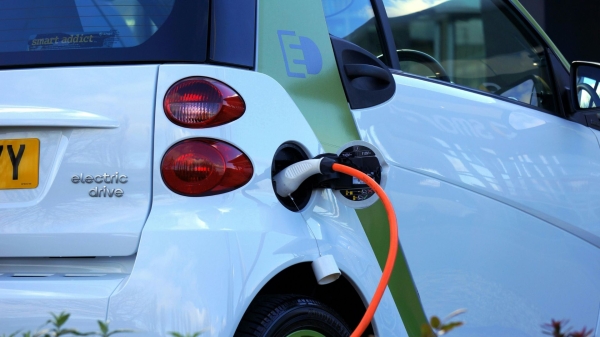Will switching to an electric vehicle save you money?

Introduction
Under the UK’s Zero Emission Vehicle mandate, by 2030, 80% of new cars sold in Great Britain will be zero emission, and by 2035 it will be 100%. We look at where you’ll save money – and where you won’t – if you make the switch now.
Will an EV cost more to buy?
If you’re buying new, yes. Auto Trader’s latest Road to 2035 Report showed the median RRP of a new electric vehicle was £51,000 in 2024, 31% higher than new petrol and diesel cars.
But three to five-year-old EV and internal combustion engine (ICE) cars of a similar age have similar price tags. Auto Trader says the average price of a petrol three-year-old BMW 3 Series was £24,110 in August 2024, while a three-year-old Tesla Model 3 cost on average £23,137.
Will it cost me less to insure?
Probably not – but it depends. According to insurance broker Howden, the average insurance premium for EVs was £1,344 at the end of 2023, around twice the cost for the average ICE vehicle.
EVs are pricey, and a more expensive car has a higher insured value. But repair costs are higher too. According to Thatcham Research, claims cost around 25.5% more for EVs, and repair times are around 14% longer.
But the only way to find out if an EV will cost more or less to insure is to get a quote. A comparison of premiums for a Tesla Model 3 and a BMW 3-series, using the same owner details, showed the EV cost less to insure. The cheapest quote for the Tesla was £853, while for the petrol BMW it was £911 (quotes for fully comprehensive insurance, using comparethemarket.com).
Will it be cheaper to drive?
Yes. Costs depend on how and where you charge, and energy and fuel costs, but on a price-per-mile basis, EV cars tend to be cheaper to run.
The AA’s EV Recharge Report for September 2024 showed that domestic charging, all forms of slow charging and off-peak ultra-rapid charging offered cheaper motoring compared to petrol. Domestic charging to 80% of battery power cost £8.80, while filling an equivalent car’s tank to 80% with petrol cost £43.26. (All calculations were based on a Vauxhall Corsa and an e-Corsa). And some energy providers offer a dedicated EV tariff, with lower off-peak prices than standard tariffs, which could bring further savings.
If you charge at home, you may need to install a dedicated charge point, at a cost of between £800 and £1,200, according to the RAC.
If you can’t charge at home or at work, you can use public charge points. According to Zap Map, there are 71,459 EV charge points in the UK and numbers are growing. However, it will cost more than charging at home.
Can I save on parking?
Probably. If you live in a residents-only area, a permit is likely to cost less for an EV, though savings vary. In Islington, a 12-month permit for an EV is £100, compared with £150 for a petrol car and £370 for a diesel.
As for town centre parking, some local authorities offer free parking for EVs while they are plugged in, so you only pay to charge. Brighton, for example, has more than 30 charging points with no extra parking fees.
Can I save on road tax?
Maybe, but on 1 April 2025, road tax rules change. For cars registered on or after 1 April 2025, the rate is £10 for the first year. From year two onwards, you’ll pay the standard rate of £195.
A lot of new EVs will also incur the ‘expensive car supplement’. New cars registered on or after 1 April 2025 with a list price of more than £40,000 will cost £410 a year more from the second year, for five years.
Owners of EVs registered between 1 March 2001 and 31 March 2017 will pay £20, while those with cars registered between 1 April 2017 and 31 March 2025 will pay £195.
Will it cost more to maintain?
It should cost you less, according to the AA. There are fewer moving parts to go wrong, no oil or filter changes, and regenerative braking system means there is less wear on brake components.
22 July 2025




